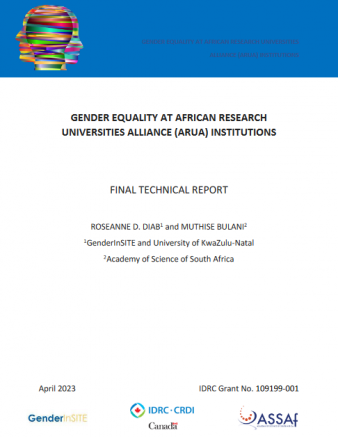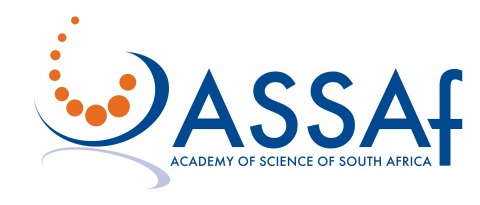The overall aim of the study was to examine the efforts and highlight the successes of African Research Universities Alliance (ARUA) universities in tackling systemic barriers to gender equality, with a particular focus on women faculty in science, technology, engineering and mathematics (STEM)-related fields and women in university leadership. Specific objectives were to identify and evaluate gender-related institutional policies and structures, to gather statistics on the number of women in senior leadership and management positions at individual ARUA institutions, and to document lessons learned and best practices, and to share these widely.
Background
The higher education sector across the globe has a key role to play in advancing the goals of gender equality and equity and in supporting Sustainable Development Goal (SDG) Number 5, which pertains to the achievement of gender equality and the empowerment of women and girls. Universities are role models for civil society and are engaged in the development of the leaders of the future. Universities in Africa are supported in their quest to provide gender-inclusive education by an abundance of continent-wide policies and strategies that support gender equality and address in particular, the development challenges of Africa. Chief among them is the African Union (AU) Strategy for Gender Equality and Women’s Empowerment (GEWE) 2018-2028 (AU, 2019) which was launched at the AU Summit in February 2019. It builds on the earlier 2009 Gender Policy and is a framework document that aims to mitigate or eliminate major constraints that are hampering gender equality and full participation of women and girls. It supports the AU’s Agenda 2063 (AU, 2013), which sets out the vision of Africa as non-sexist and an Africa where girls and boys can reach their full potential, and where men and women can contribute equally to the development of their societies.
The Association for African Universities has also sought to advance gender equality amongst their members. They were involved in a collaborative venture to mainstream gender in Higher Education Institutions (HEIs) across Africa, resulting in a gender mainstreaming toolkit. They have also been responsible for focusing attention on the science, technology, engineering and mathematics (STEM) disciplines as key to empowering women.
Against this background, this research project sought to utilize the African Research Universities Alliance (ARUA) network to interrogate how Africa’s most research-intensive universities are faring when it comes to gender equality. It was reasoned that as some of Africa’s best resourced universities they would likely be trail blazers when it came to addressing gender equality issues and that some best practice examples could be identified and shared to benefit other institutions across Africa. The study has synthesized findings across ARUA institutions, providing a first analysis of the status of gender equality at these institutions. It explored the policy context, presented statistics on women’s leadership, provided insights into the challenges faced by women, and has made recommendations that will lead to the closing of the gender gap in ARUA institutions and more generally across other universities in Africa. The study was situated within the broader Breaking Barriers to Women’s Participation in STEM initiative of the International Development Research Centre (IDRC). It was approved under Grant No. 109199-001 and was conducted over the period February 2020 to April 2023.


